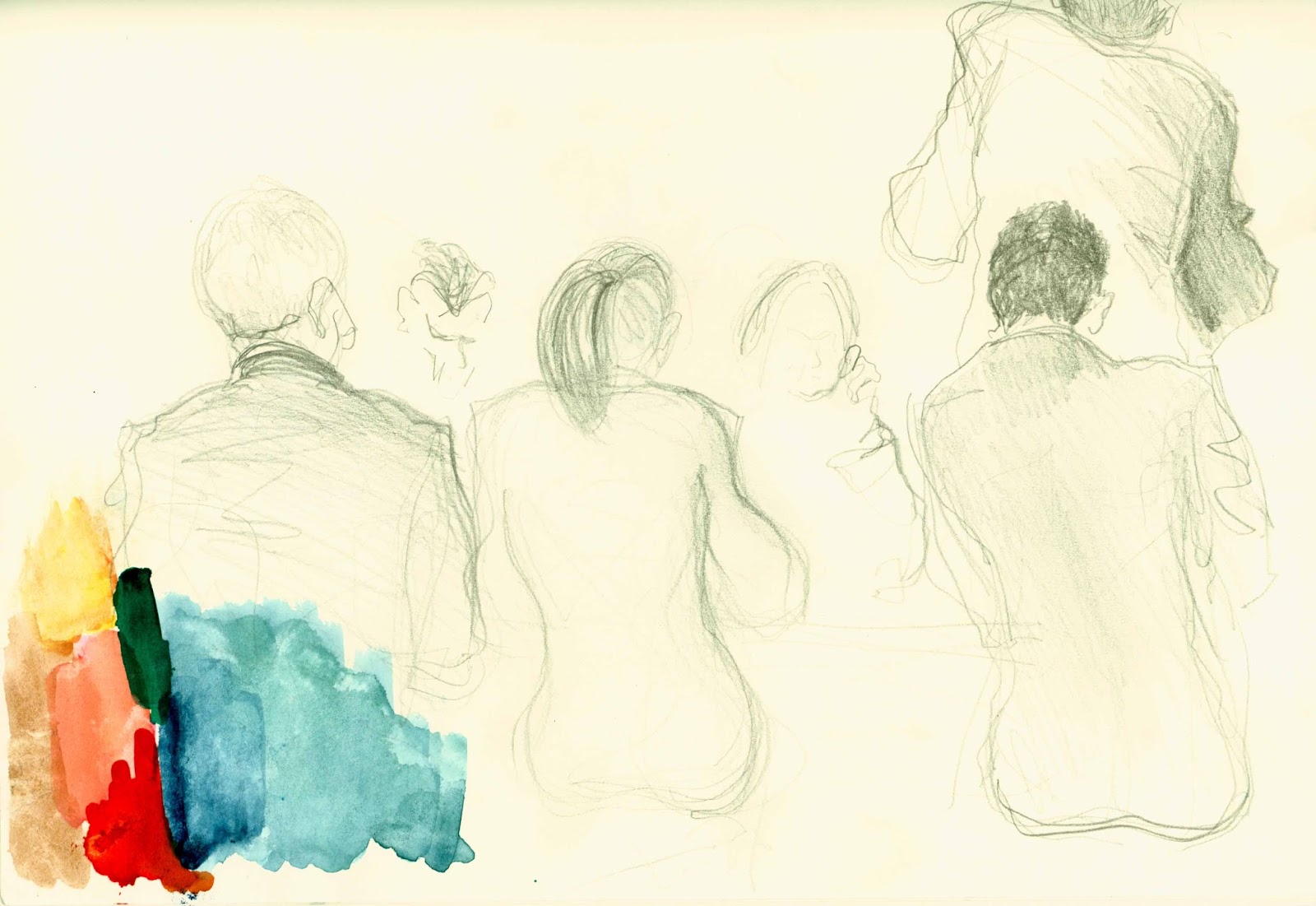[contextly_auto_sidebar]

Supreme court sketch (R v Jogee), www.isobelwilliams.blogspot.co.uk
MPs this morning condemned ministers for imposing a real term austerity cut of more than a third of the budget on the courts in a damning report on the state of our criminal justice system. The Public Accounts Committee blamed poor performance on the post 2010 financial constraints and claimed that treatment of victims and witnesses was ‘not good enough’ and questioned the efficacy of upcoming reforms.
Central government spending on the criminal justice system, not including police, prisons and other bodies who bring prosecutions, is approximately £2 billion per year. According to the influential committee of MPs, that is a 26% cut in real terms from 2010-2011 levels and argued that HM Courts & Tribunal Services’ (HMCTS) had been particularly hard hit, with resources falling by 35% in real terms during the period.
The MPs found that the lack of shared accountability and resource pressures had resulted in costs being ‘shunted from one part of the system to another’, causing delays and inefficiencies. For example, after a case has moved on from the Magistrates’ Court, it takes on average 134 days until the Crown Court case commences, an increase of 35 days from 2013.
The Committee was concerned about significant regional variations in performance, which meant that access to justice depended on postcode. For example, in September 2015 victims of crime in North Wales had a seven in 10 chance that a Crown Court trial would proceed as scheduled, however, people residing in Greater Manchester had only a two in 10 chance.
The report also criticised the treatment of victims and witnesses in the criminal justice system. The Committee was concerned that only 55% of people who had been a victim or witness would be prepared to be a victim or witness again if required to do so. The report found that witnesses wait on average for two hours to give evidence in the Crown Court, with one in five of witnesses waiting for over four hours.
The Committee cited a recent report by HM Crown Prosecution Service Inspectorate that found that several victims had received letters from different parts of the system giving different outcomes to their case. The CPS and Ministry of Justice repeatedly claimed in evidence to the Committee that the needs of victims were a top priority and were being considered at highest level.
However, the Committee was ‘surprised’ to find that Baroness Newlove, the Victims Commissioner, was not a member of the inter-governmental Criminal Justice Board that oversees the system. Responding to the report, Baroness Newlove said that the ‘delays and constant lack of information is distressing for witnesses, and risks further trauma’ and that the Committee’s findings reinforced the need for a Victim’s Law.
The Committee cautiously welcomed reforms to improve the efficiency of the ‘creaking’ HMCTS. The reforms include digitalizing HMCTS and having fewer, larger courts that hear more cases. However, the Committee raised concerns that the reforms would take too long to deliver benefits and that court closures in rural communities could harm access to justice.






